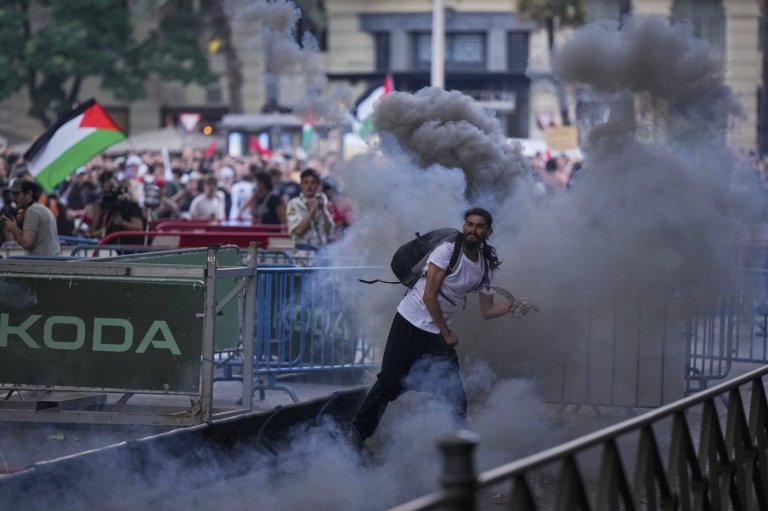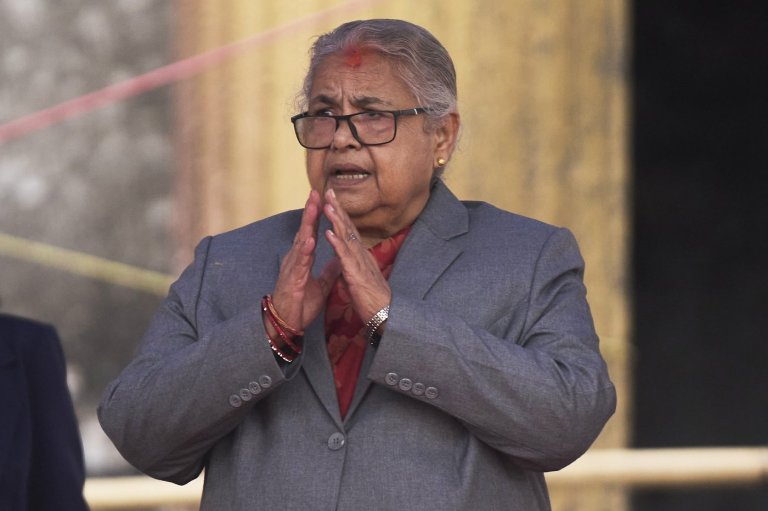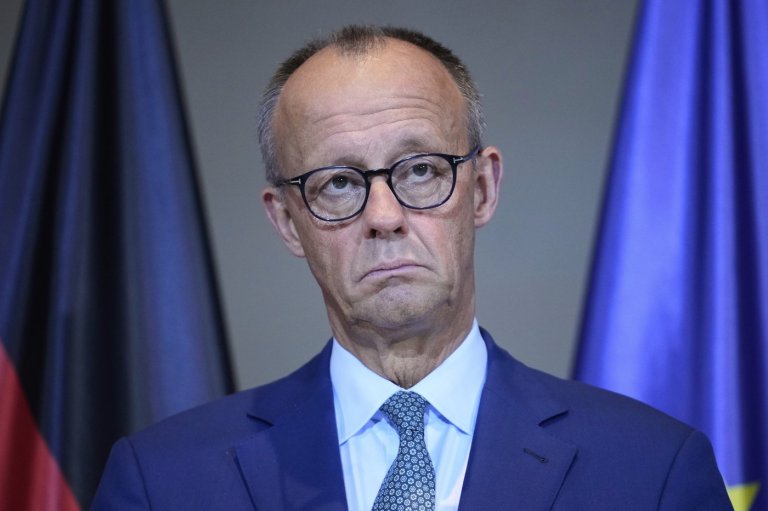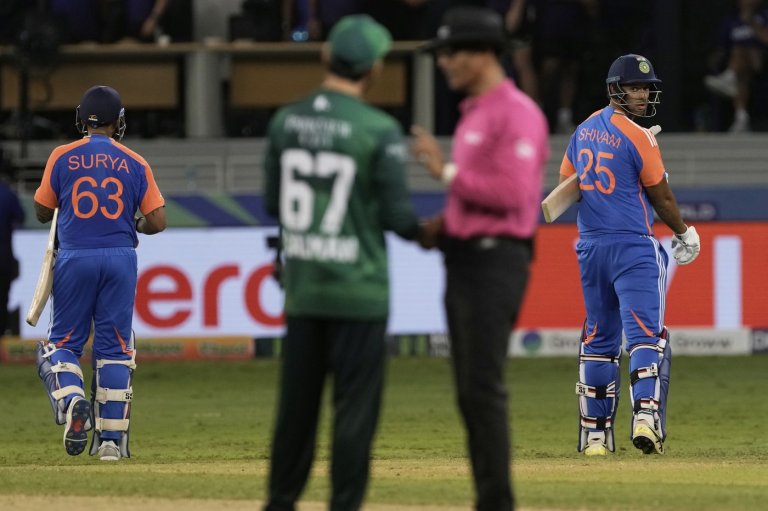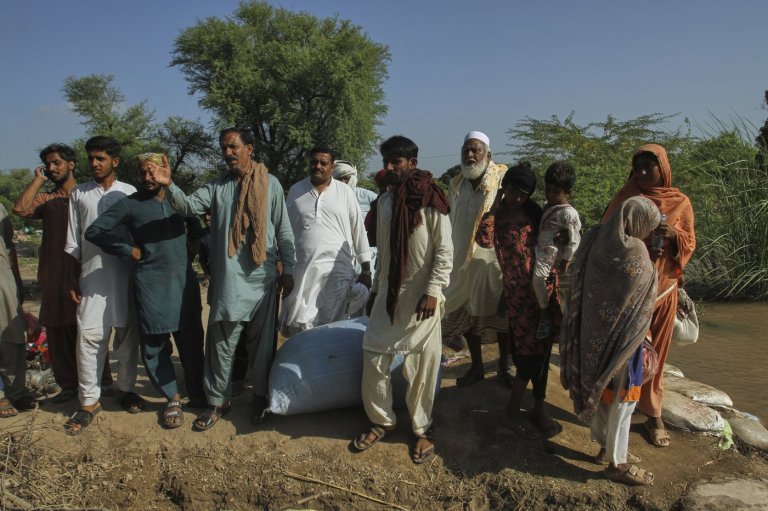
German, Polish leaders highlight ties, points of contention
WARSAW, Poland – German Chancellor Angela Merkel and Polish Prime Minister Beata Szydlo stressed Tuesday the importance of deepening their neighbouring nations’ ties at a trying time for Europe, but also touched on points of contention during the German leader’s first visit to Poland under its populist government.
Szydlo and Merkel stressed their views are close on many issues, such as continuing sanctions on Russia over its actions in Ukraine and the need to improve the European Union.
“Good partnership between Poland and Germany is necessary for the success of the European project,” Szydlo said after their talks.
But they also pointed to differences.
Szydlo said her country strongly opposes the Nord Stream 2 project, a gas pipeline that Russia is planning to build to Germany that would bypass Poland and Ukraine, calling it “not acceptable to Poland.”
For her part, Merkel gently raised the issue of a European Commission investigation into what it says are rule-of-law violations by Szydlo’s government, which was elected in 2015.
The criticisms have focused on the ruling Law and Justice party’s neutralization of Poland’s constitutional court by changing its rules and packing it with loyalists. There are also concerns over the government’s control of public media.
Merkel recalled how as a young person she observed the struggle of Poland’s anti-communist Solidarity movement “with great interest.”
“Solidarity affected my life, too,” Merkel, who was raised in communist East Germany, said at a joint news conference with Szydlo. “Without Solidarity, European unity, the end of the Cold War and German unity might not have happened so quickly.”
“From this time, we know how important pluralistic societies are, how important an independent judiciary and media are. Because those things were missing then,” she said.
The European Commission sent Poland a letter with recommendations for addressing the alleged deficiencies. Merkel said she welcomed hearing from Szydlo that Poland plans to respond, and have a “constructive dialogue.”
Merkel also had a one-on-one meeting with Polish President Andrzej Duda. The president and Merkel discussed ways of maintaining Europe’s ties with the United States under the new administration, the EU’s future and the military conflict between the government and pro-Russia separatists in Ukraine, Duda’s foreign policy adviser said.
She also met with the ruling party leader, Jaroslaw Kaczynski, who holds no state office but is considered to be Poland’s most powerful politician, and leaders of opposition parties.
Opposition leaders discussed their concern over the government saying it would not back a second term for European Council head Donald Tusk, Poland’s former prime minister and a political foe of Kaczynski’s, Civic Platform party leader Grzegorz Schetyna said.
Merkel’s visit was aimed at seeking common ground with Poland as she and other leaders work to find a way forward for the European Union. The 28-nation bloc faces challenges from within, primarily Britain’s vote to leave, and without, including Russia’s resurgence and a new U.S. president who has spoken dismissively of the EU.
Merkel said both Poland and Germany have an important role to play in reforming the EU, shaping its common market and addressing the scope of power of individual member states, themes that were to be discussed in more depth over dinner.
Merkel returns to Berlin late Tuesday.
Join the Conversation!
Want to share your thoughts, add context, or connect with others in your community?
You must be logged in to post a comment.













